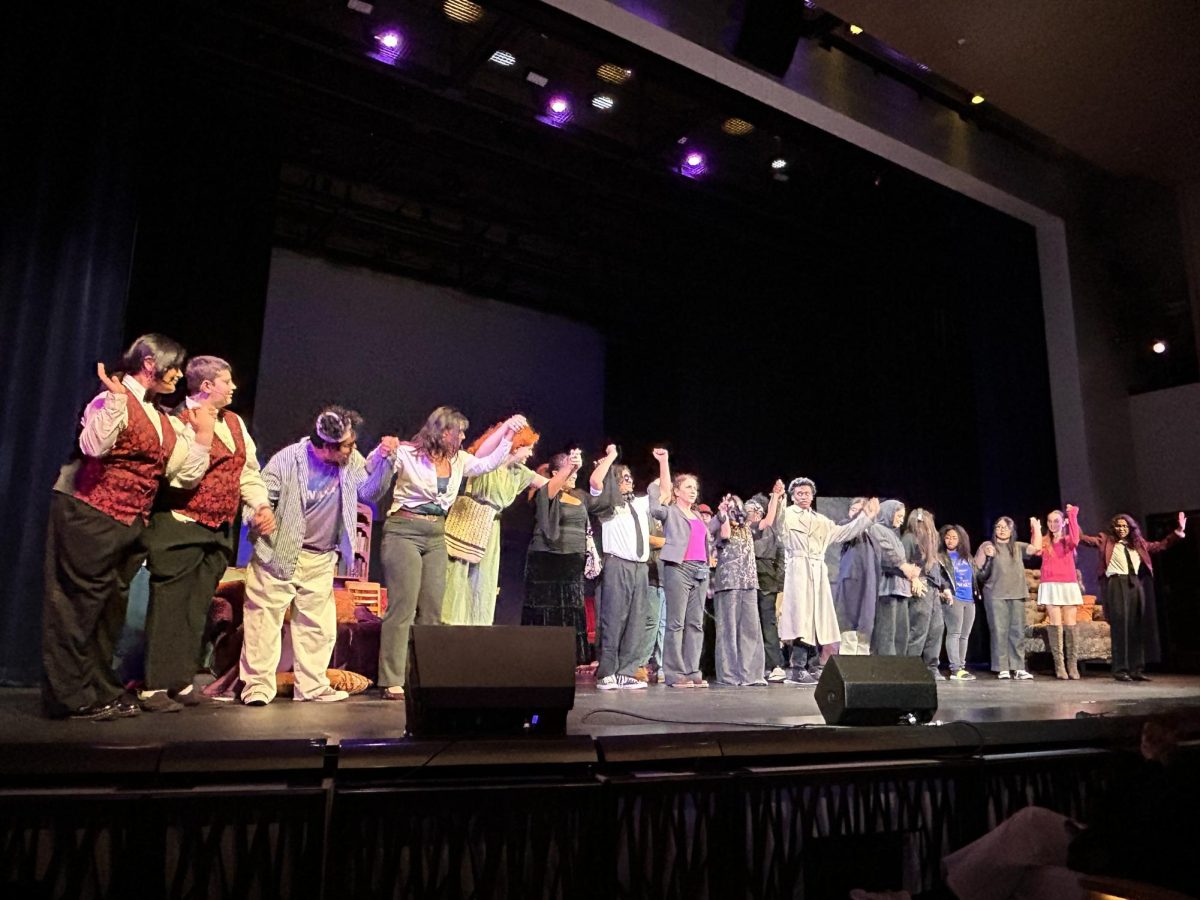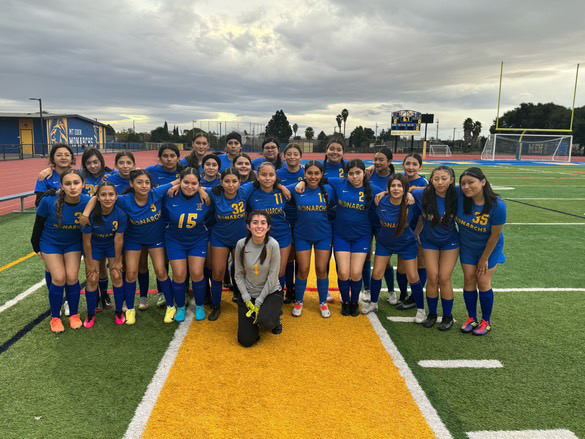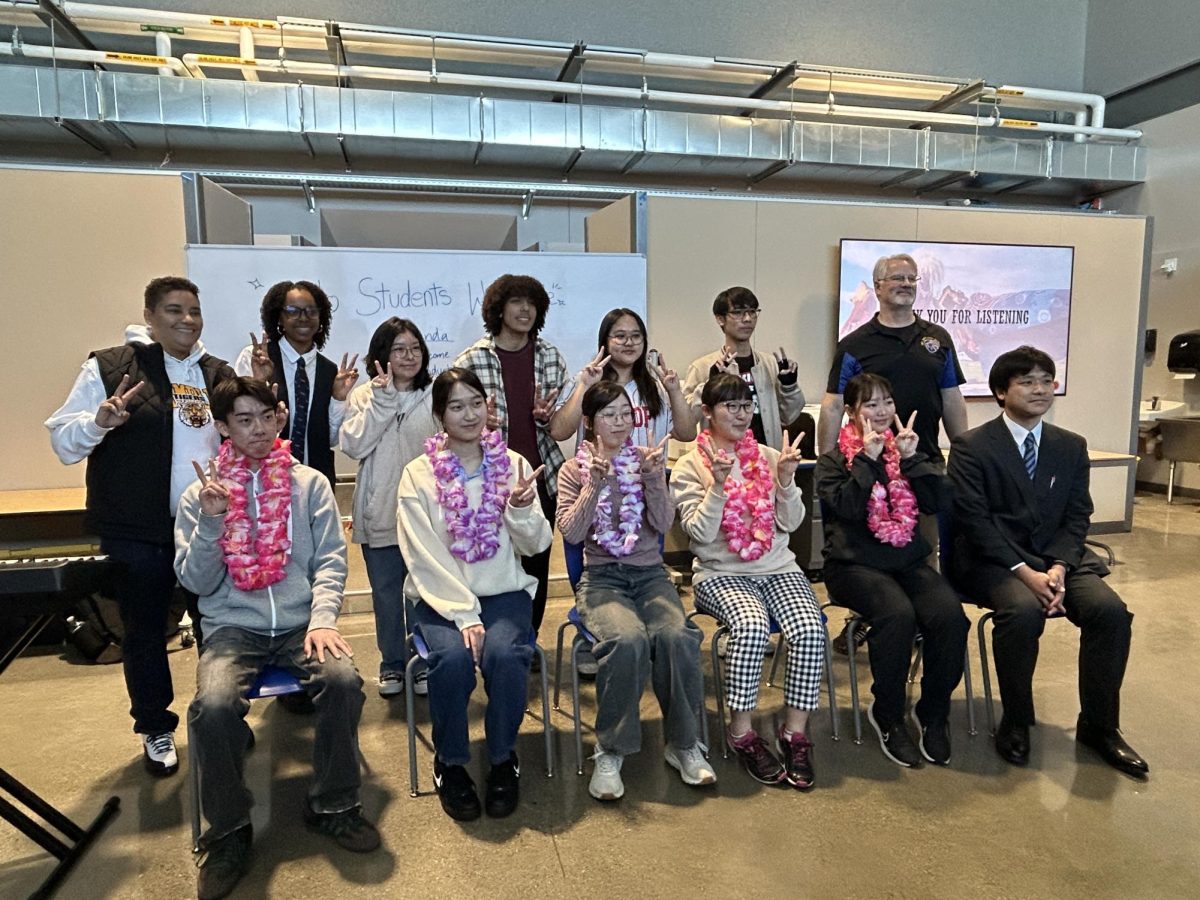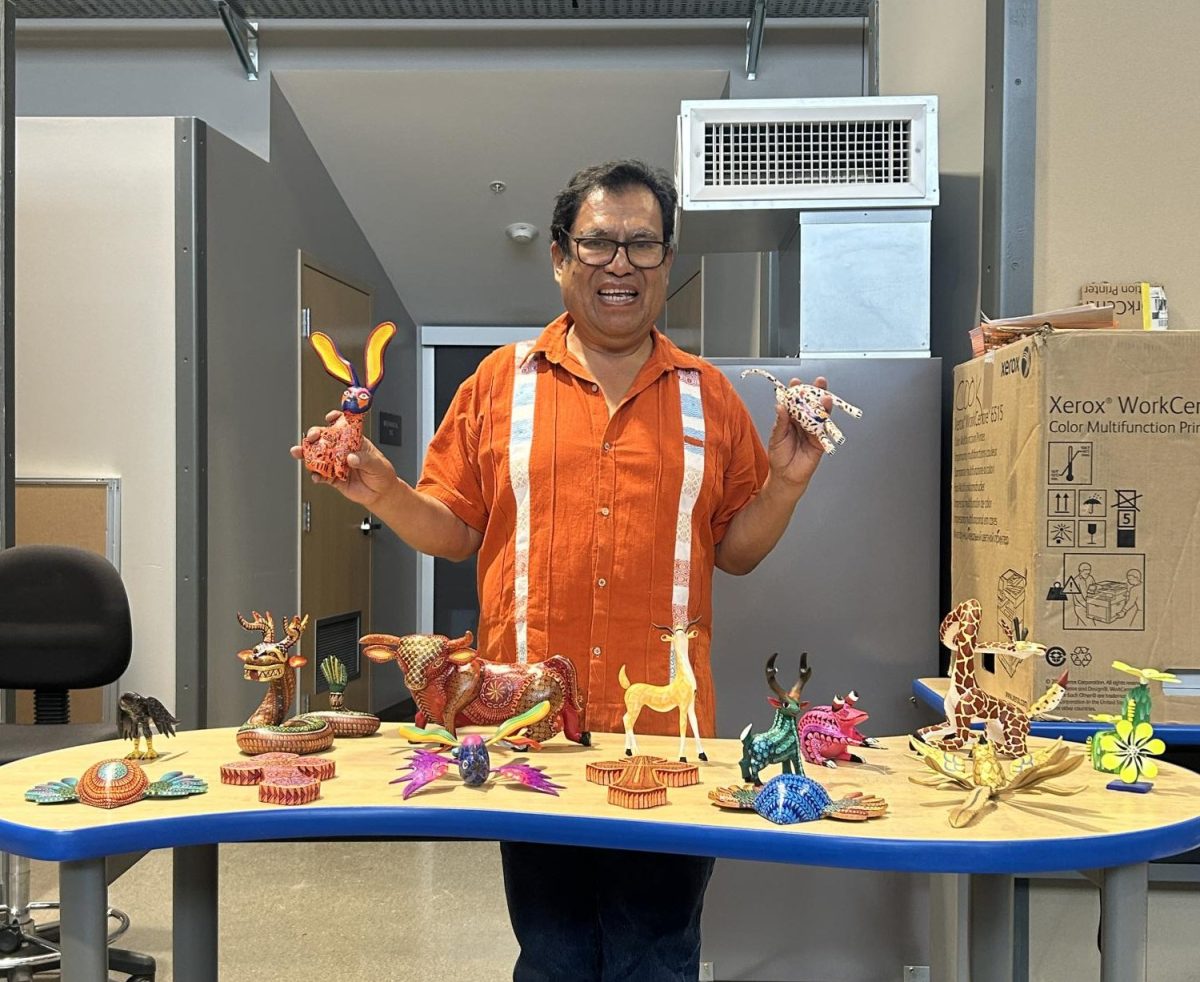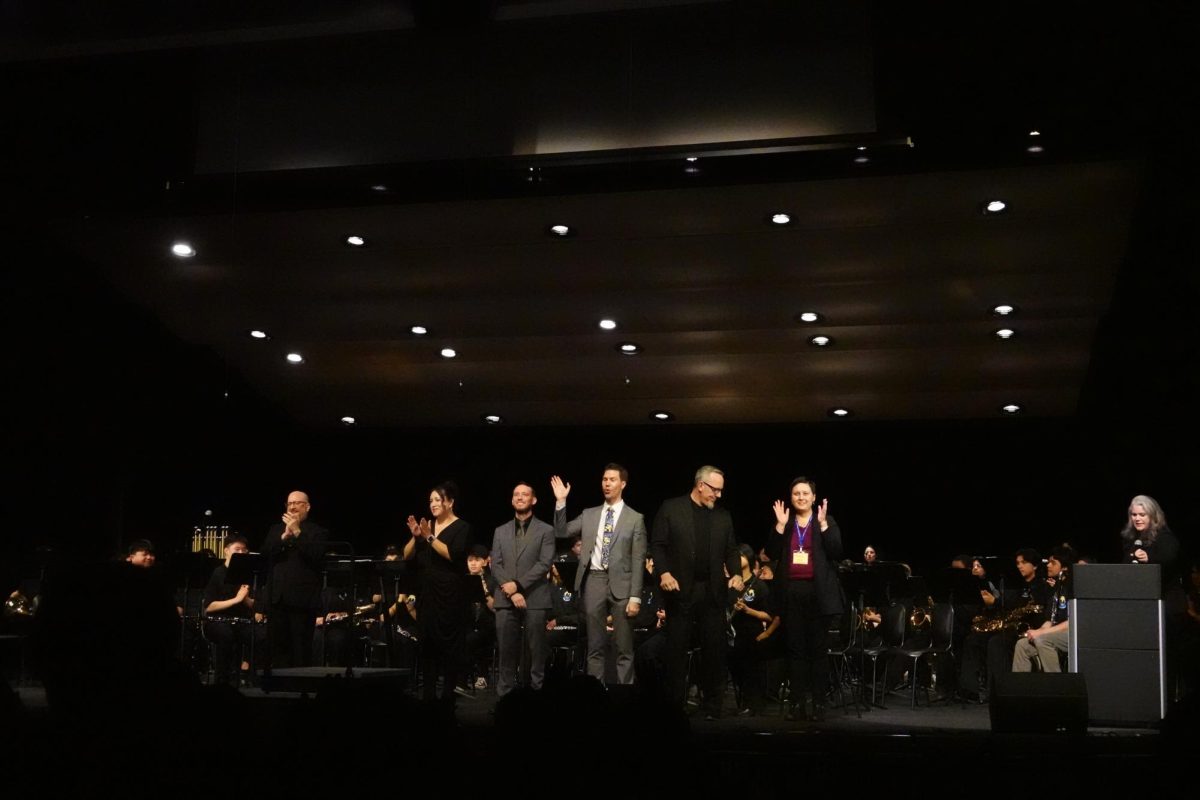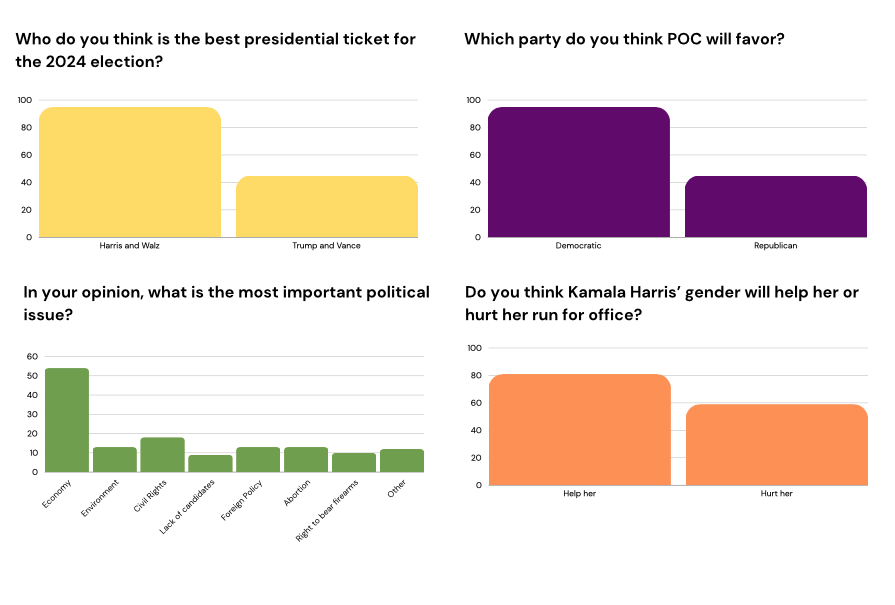In the second Republican primary debate on September 27, entrepreneur, political commentator, and presidential candidate Vivek Ramaswamy echoed former President Donald Trump’s stance on birthright citizenship, sparking a heated conversation about U.S. immigration policies. Ramaswamy’s assertion to end birthright citizenship began a debate, with supporters seeing this stance as key to immigration reform, while critics argue it threatens a fundamental principle of American identity.
Ilia Calderón, a host on Univision, asked Ramaswamy what legal premise he would rely on to deport illegal immigrants and their children who were born in the U.S. Ramaswamy said he would go “a step further” by ending birthright citizenship for children of “illegal immigrants of this country,” but stated that his opponents on stage “are on the right side of this issue” by supporting the militarization of the southern border, defunding sanctuary cities, and ending foreign aid to Mexico and Central America.
Because Mt. Eden is a public school with a predominantly immigrant or immigrant-descended student body (roughly 60% Hispanic, 23% Asian, 8% Black, 4% Pacific Islander), students should be especially concerned about the Republican debate surrounding the removal of birthright citizenship. Removing birthright citizenship would jeopardize the academic opportunities of countless students.
The 14th Amendment of the United States Constitution grants citizenship to anyone born on American soil, regardless of their parents’ immigration status. This principle has been a pillar of American identity for over a century, symbolizing the nation’s commitment to inclusivity and diversity. The proposition to end birthright citizenship challenges this constitutional right, prompting reflection on its potential consequences.
The proposal to end birthright citizenship could have far-reaching consequences, particularly on the academic opportunities of students at Mt. Eden and similar institutions. By denying automatic citizenship to children born on American soil, we risk excluding a substantial portion of our population from the full benefits of American citizenship. This not only undermines the principles upon which our nation was founded but also jeopardizes the potential of young minds.
In a world where education is widely acknowledged as a powerful equalizer, any policy shift that limits access to quality education is cause for concern. Students at Mt. Eden, already navigating a complex landscape as a Title 1 (low-income) school, may face more barriers if birthright citizenship is abolished. 47% of Mt. Eden’s students qualify for free and reduced lunch. The potential loss of educational opportunities for these students could affect them throughout their lives, impacting their ability to pursue higher education and achieve their full potential.
While the debate on birthright citizenship is undeniably important, it is essential to consider it within the broader context of immigration reform.
Meaningful and effective immigration policies should address the complexities of a globalized world while upholding the values that define us as a nation. Instead of wholesale rejection of birthright citizenship, a nuanced approach that combines compassion, pragmatism, and a commitment to the rule of law is imperative.
The debate surrounding birthright citizenship is a critical juncture in the ongoing dialogue about immigration policies in the United States. While the proposal to end it has stirred passionate opinions, it is vital to remember that policies should reflect the values and aspirations of a nation. As we deliberate on the future of birthright citizenship, let us not lose sight of the diverse, dynamic, and inclusive America that Mt. Eden’s students represent.






